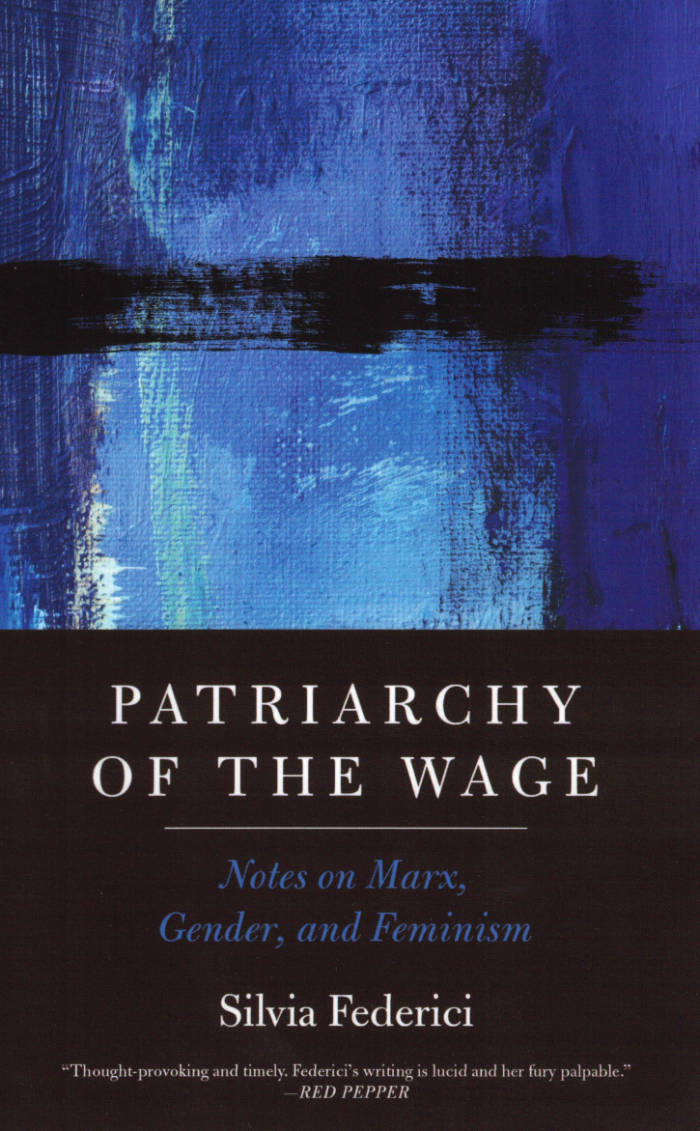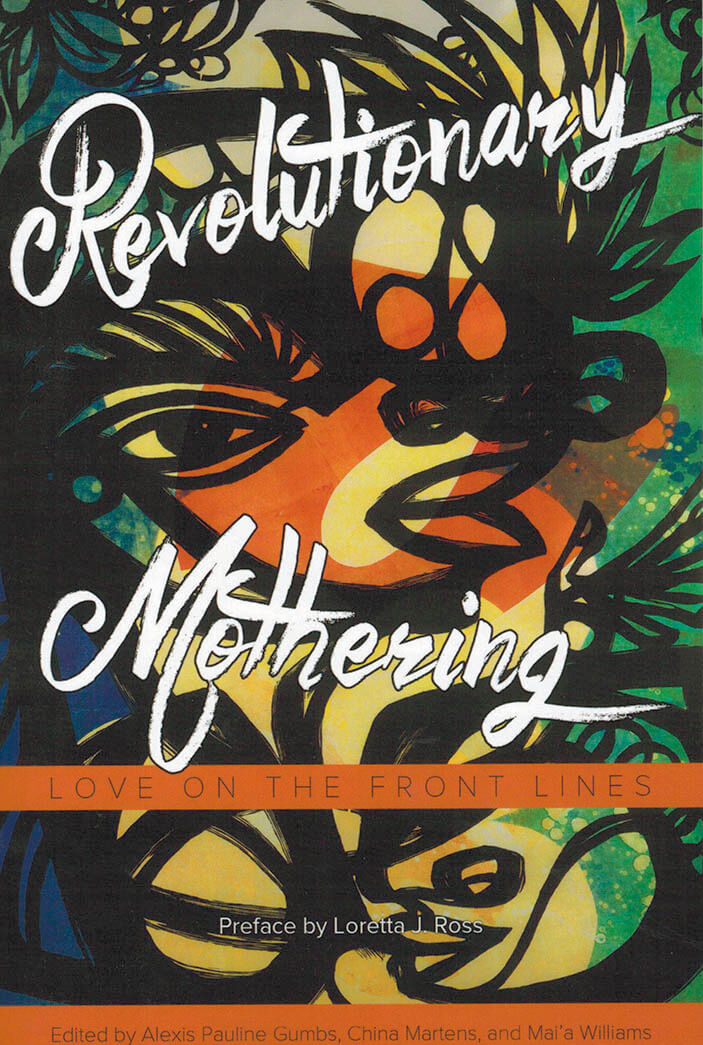Revolutionary Mothering: Love on the Frontlines is an anthology that centers mothers of color and marginalized mothers' voices, women who are in a world of necessary transformation. The challenges faced by movements working for antiviolence, anti-imperialist, and queer liberation, as well as racial, economic, reproductive, gender, and food justice are the same challenges that marginalized mothers face every day.
Motivated to create spaces for this discourse because of the authors' passionate belief in the power of a radical conversation about mothering, they have become the go-to people for cutting-edge inspired work on this topic for an overlapping committed audience of activists, scholars, and writers. Revolutionary Mothering is a movement-shifting anthology committed to birthing new worlds, full of faith and hope for what we can raise up together.
Contributors include alba onofrio, Alexis Pauline Gumbs, Ariel Gore, Arielle Julia Brown, Autumn Brown, Cheryl Boyce-Taylor, China Martens, Christy NaMee Eriksen, Claire Barrera, Cynthia Dewi Oka, Esteli Juarez Boyd, Fabielle Georges, Fabiola Sandoval, Gabriela Sandoval, H. Bindy K. Kang, Irene Lara, June Jordan, Karen Su, Katie Kaput, Layne Russell, Lindsey Campbell, Lisa Factora-Borchers, Loretta J. Ross, Mai'a Williams, Malkia A. Cyril, Mamas of Color Rising, Micaela Cadena, Noemi Martinez, Norma A. Marrun, Panquetzani, Rachel Broadwater, Sumayyah Talibah, Tara CC Villaba, Terri Nilliasca, tk karakashian tunchez, Victoria Law, and Vivian Chin.





